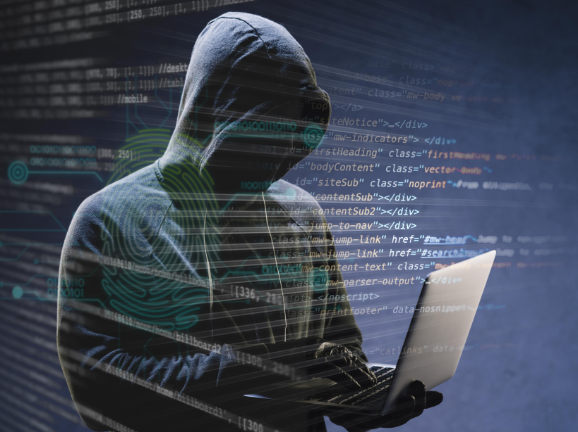- Cyberattack disrupts over 200 government agencies.
- Indonesian government refuses to pay ransom.
OUR TAKE
Standing up to cybercriminals is both brave and necessary, but the immediate priority should be to restore public services. The government’s refusal to pay the ransom sets a strong example, but this commitment must be matched by effective recovery and enhanced cybersecurity to protect against future threats.
–Doris Du, BTW reporter
JAKARTA, Indonesia (AP) — On Monday, Indonesian authorities confirmed that the national data centre had been compromised by a cyberattack, resulting in disrupted services across more than 200 government agencies. The attackers are demanding an $8 million ransom (€7.3 million), which the government has refused to pay.
What happened
The cyberattack, which began on June 20, has significantly impacted public services, including immigration checkpoints. Although some services have been restored, many others, such as investment licensing, remain offline. Samuel Abrijani Pangerapan, the director general of informatics applications at the Communications and Informatics Ministry, has been overseeing the recovery efforts.
Also read: Cyberattack disrupts CDK Global systems, impacting thousands of retailers
Also read: CDK global cyberattack: Car dealerships go offline
Why it’s important
This incident underscores the vulnerability of critical national infrastructure to cyber threats. The attackers have employed Lockbit 3.0 ransomware to encrypt data, holding it hostage until their demands are met. Despite these challenges, Communication and Informatics Minister Budi Arie Setiadi has stated unequivocally that the government will not comply with the ransom demand, emphasising their commitment to resolving the situation through other means.
Opinion
The refusal to pay the ransom highlights Indonesia’s determination to not capitulate to cybercriminals. This stance is crucial in setting a precedent that could deter future attacks. However, the immediate impact on public services is undeniable, affecting millions of citizens who rely on these services daily. It is a stark reminder of the importance of robust cybersecurity measures and rapid response strategies.
The emotional toll on the nation is palpable, as people grapple with the disruption of essential services. The government’s firm stance, while commendable, must be accompanied by swift action to restore normalcy and prevent such incidents in the future.

